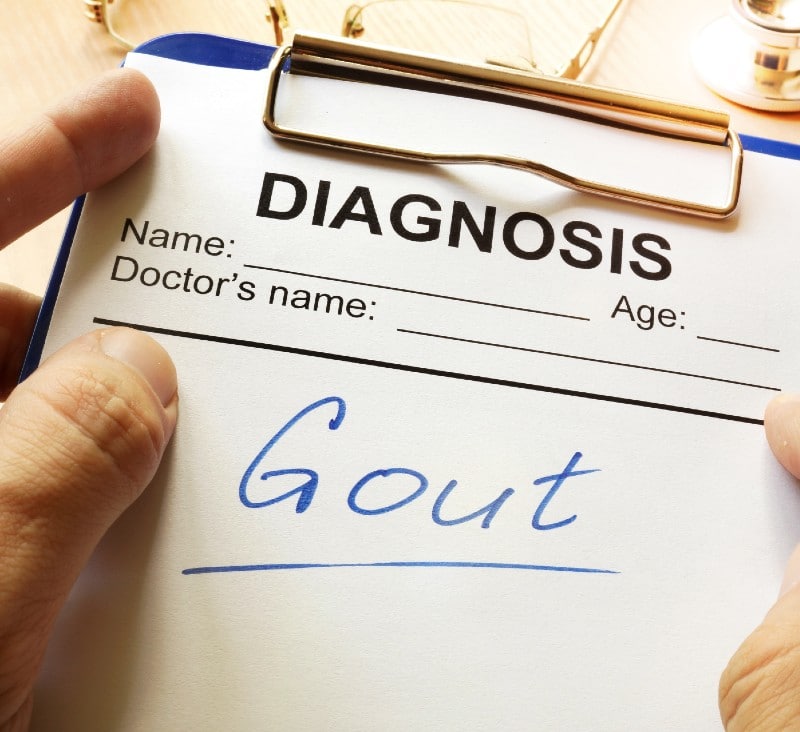Tips for A Gout Diet
It’s widely debated as to what actually constitutes the start of the holiday season. You may have your own opinion—and we’ll certainly respect it—but Halloween makes sense as a good starting point. Sure, most months have holidays, but the late fall and early winter ones tend to be a little more festive.
With that in mind, the holiday season is practically upon us. (If we’re judging by stores having already started displaying and stocking Christmas decorations, you might even say it’s already here!)
Each of the holidays in the last quarter of the year—and the first 24 hours of the new year—are, naturally, celebrated a bit differently. They do have one thing in common, however – holiday food.
Moderate indulging during the holiday season isn’t usually the worst thing in the world. A couple of pieces of Halloween candy, a slice of pecan pie for Thanksgiving dessert, and some Christmas cookies at the office are generally fine. Well, unless gout is celebrating the holidays with you!

Gout is an arthritic condition that can be caused and triggered by the byproduct of food breakdown. Certain foods, like red meats and alcohols, lead to excessive levels of uric acid, the byproduct responsible for gout.
Since meats, seafood, sugar, refined carbohydrates, and beer promote high levels of uric acid that trigger a gout attack, you need to make changes to your diet.
A gout-safe diet needs to include plenty of veggies, fruits, legumes, whole grains, low-fat dairy, and lean meats (in limited amounts). Additionally, you should drink plenty of water and unsweetened tea, while staying away from sugary beverages. As noted earlier, alcohol isn’t the best option for gout, but beer is probably the most egregious offender.
Along with passing on red meats and alcohol, you should also avoid certain types of seafood (including herring, trout, tuna, scallops, and sardines), organ meats (liver and kidney meat), candy, cakes, white bread, and products containing high-fructose corn syrup.
When you come in and see us for your gout treatment—and you definitely should—we can let you know if you might be okay with certain kinds of alcohol, or establish an amount that won’t lead to issues. We can also help you know which foods to choose to prevent gout attacks and even keep the problem from developing in the first place.
For more information, contact our team at Richardson Podiatry Center by calling (972) 690-5374. We will work with you and reduce your risk of suffering from intense pain in your big toe. Call us today to request your appointment!
